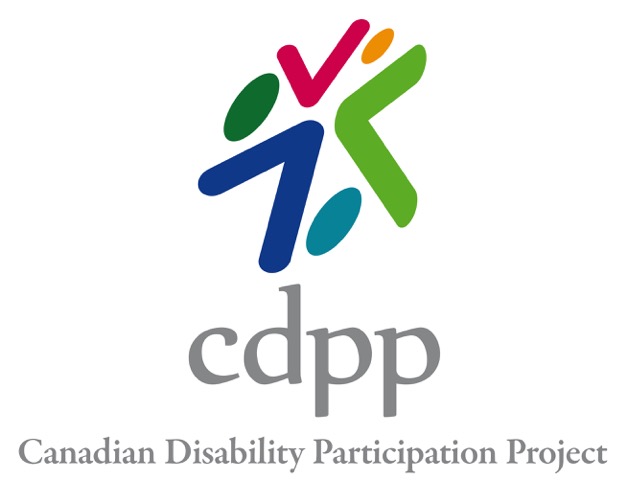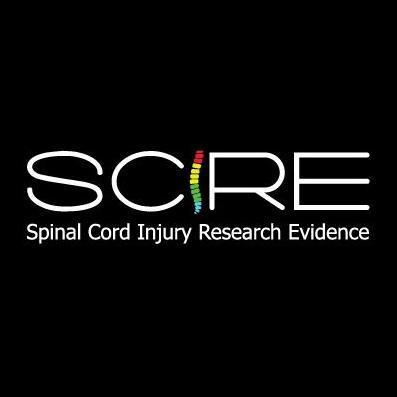Research Directors and Principal Investigators
Dr. William C Miller
Mobility, Access and Participation (MAP)
Providing Accessible ReCreation Outdoors: User-driven Research on Standards (PARCOURS) is a project aimed to evaluate the accessibility standards of Canada’s national parks. By reviewing current accessibility standards, the characteristics of parks with different typographies, and the experiences of people with disabilities at national parks, PARCOURS will increase the accessibility of national parks to people with disabilities and improve their quality of life.
Funded by Accessibility Standards Canada, the project is investigating Boundary Bay, Grouse Mountain and Deas Island in British Columbia, as well as Forêt Montmorency, Plaines d’Abraham and Jacques-Cartier National Park in Quebec.
AGE-WELL ![]()
The AGE-WELL NCE (Aging Gracefully across Environments to Ensure Well-being, Engagement and Long Life NCE Inc.) is a national research network in technology and aging whose aim is to help older Canadians to maintain their independence, health and quality of life through accessible technologies that increase their safety and security, support their independent living, and enhance their social participation.
Launched in 2015 through the federally funded Networks of Centres of Excellence program, AGE-WELL addresses a wide range of complex issues in technology and aging through receptor-driven transdisciplinary research, training programs, partnerships, knowledge mobilization and the commercial development of technologies. AGE-WELL is funded through the NCE program from March 2015 to February 2020.
AGE-WELL supports 8 Workpackages supported by 4 Crosscutting themes. The network spans 25 universities and research centres across Canada with more than 80 industry, government, and nonprofit partners.
The Canadian Disability Participation Project 
Led by Dr. Kathleen Martin Ginis, the Canadian Disability Participation Project is a partnership of nearly 50 academics, community organizations, government agencies and a private sector organization, united in the common goal of enhancing community participation among Canadians who have a physical disability. Together, the team has designed a program of research and knowledge translation that addresses three participation domains: Employment, Community Mobility, and Physical Activity. In surveys of Canadians with disabilities, these three domains consistently emerge among the most desired forms of participation and the most restricted.
The overall purpose of this team is to improve the mobility opportunities of older adults who use power wheelchairs by addressing three basic questions:
1. How are power wheelchairs used now?
2. How can power wheelchairs be used better?
3. How can power wheelchairs be better?
F2N2 (Fatigue and Function in Neuromuscular and Neurologic Disorder)
Fatigue is a universal human experience that may be so severe that it reduces quality of life, negatively affects daily function, and limits mobility and participation in daily tasks, recreation, and work. Fatigue is also a barrier to participation in rehabilitation programs. Disabling fatigue is common in persons with neurological, neuromuscular, and musculoskeletal conditions, increases with age, and diminishes quality of life. Despite this negative impact, and the emerging research that supports treatment strategies to minimize its effect, fatigue is often ignored and unidentified in clinical settings.
Spinal Cord Injury Rehabilitation Evidence (SCIRE) 
The Spinal Cord Injury Rehabilitation Evidence (SCIRE) is a synthesis of the research evidence underlying rehabilitation interventions to improve the health of people living with SCI. The products of SCIRE result from the combined efforts of expert scientists, clinicians, consumers and stakeholders to increase the accessibility of quality information in SCI rehabilitation. It is expected that the pre-appraised, synthesized research from SCIRE will translate into improved health for Canadians by facilitating health care professionals, scientists, policy-makers and consumers with SCI to be informed of the latest evidence. People with SCI and their families may also find the information useful to understanding their health and health care.

